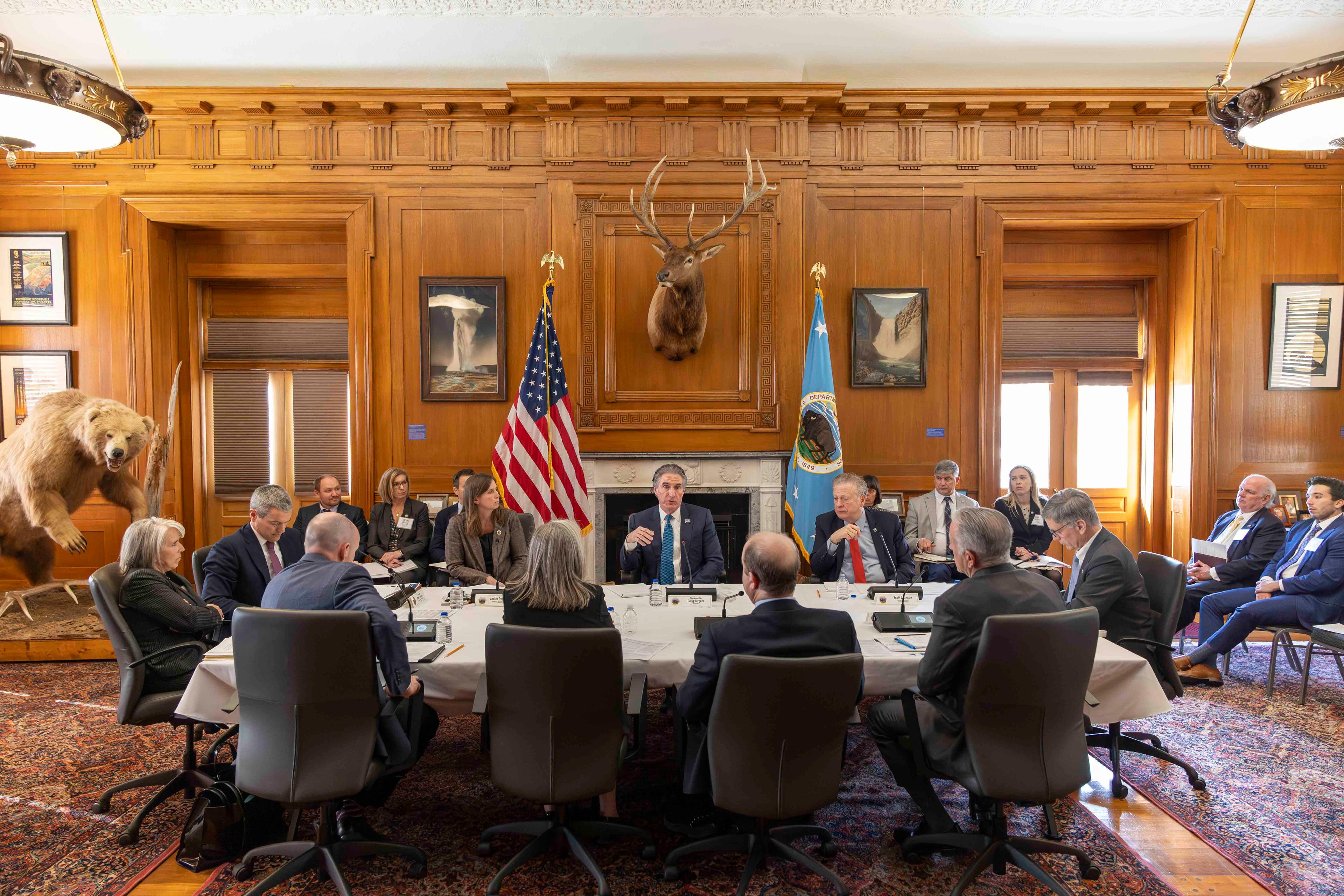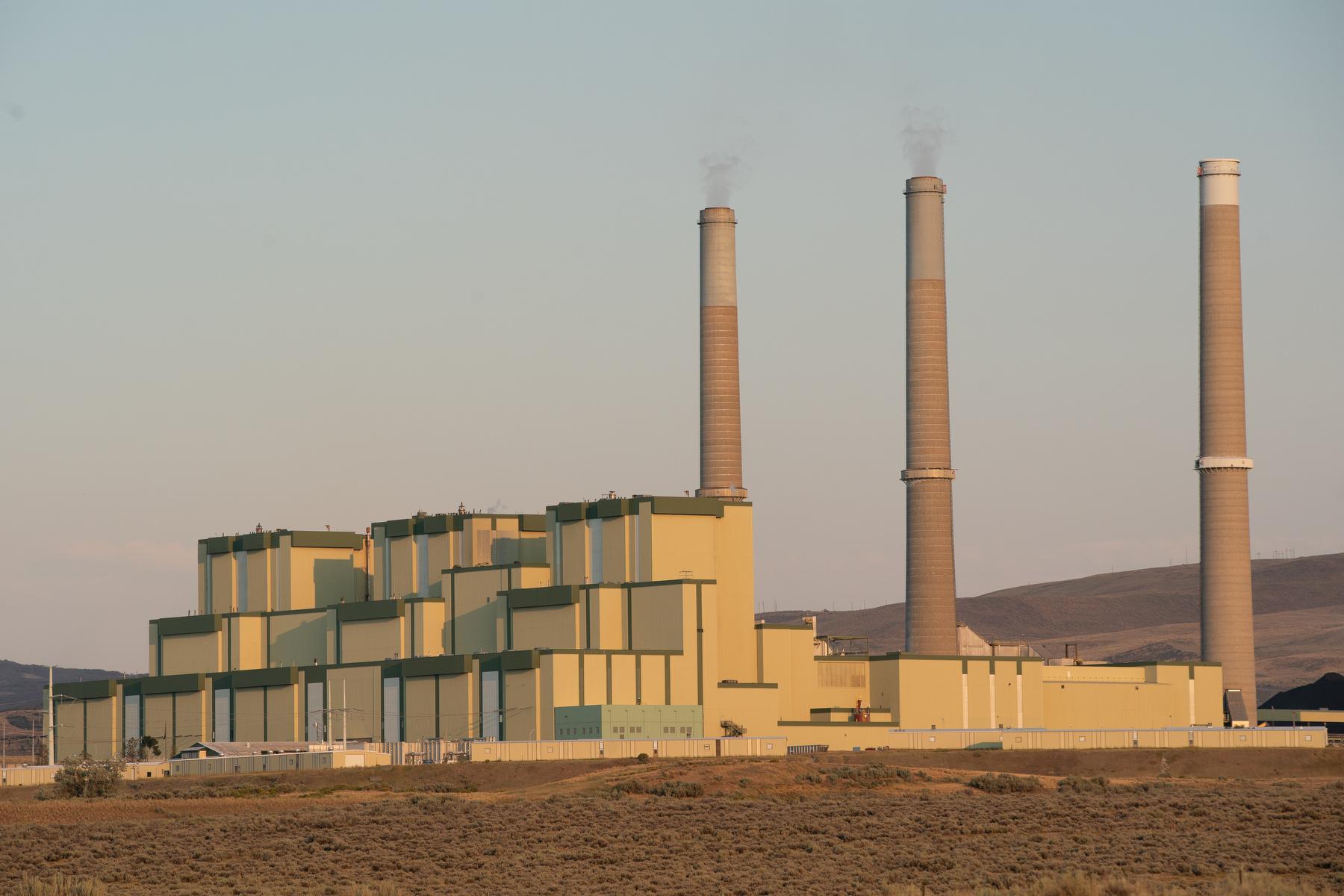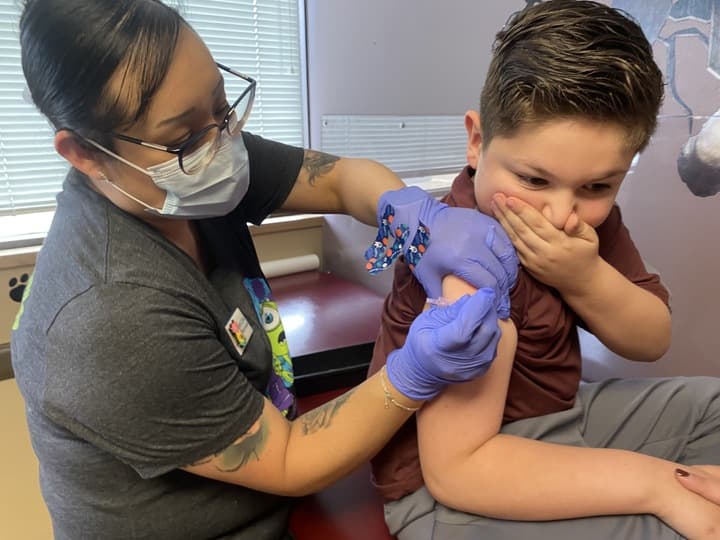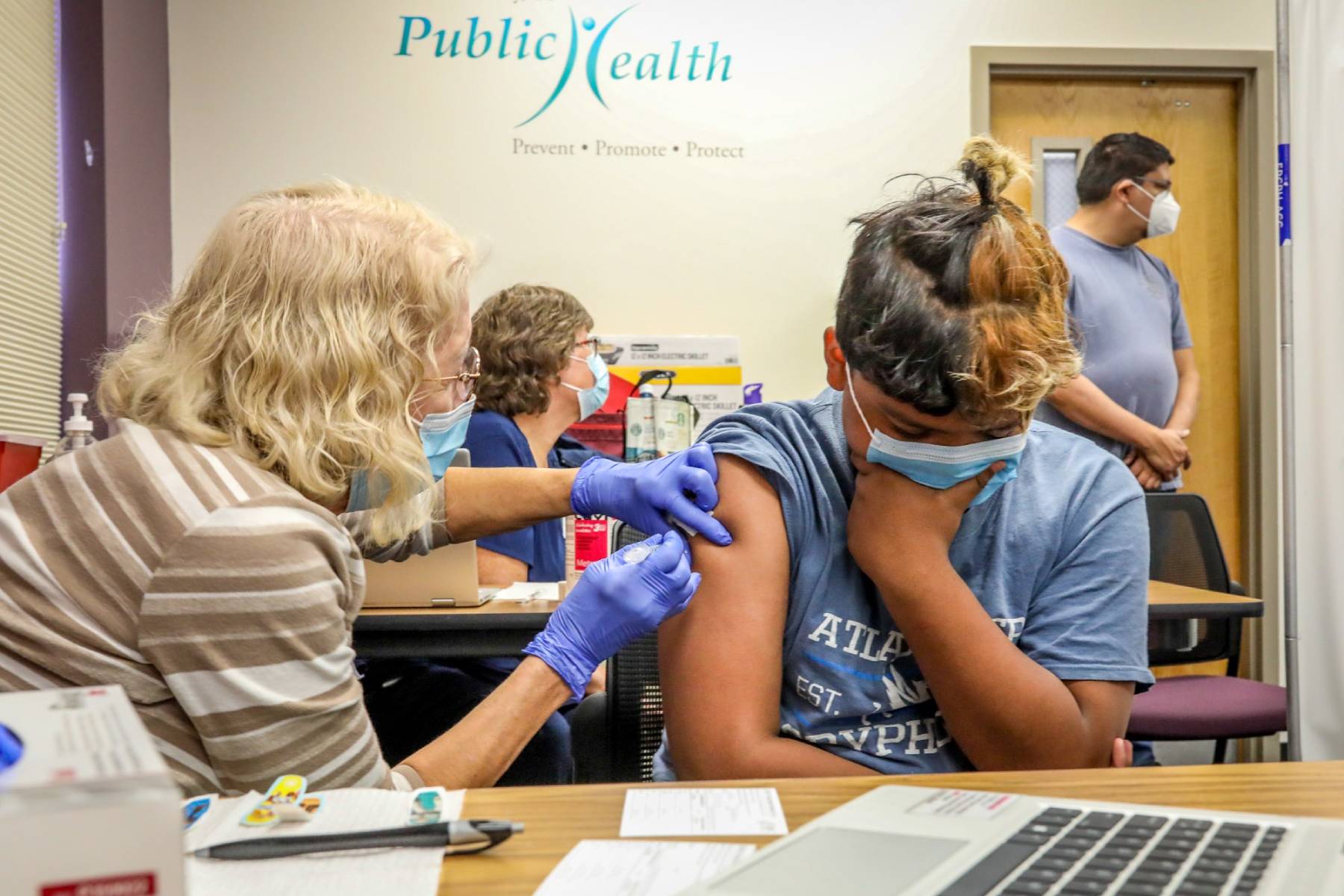
For the last year, about two dozen people from across the Denver metro area have met every month for hours on end. Their task: Come up with a way to make riding the Regional Transportation District’s buses and trains more equitable — all without requiring RTD raise any more revenue to pay for it.
It was a tall order, but one some members of the Denver metro had been asking for. For too long, advocacy groups say, RTD hasn’t met the needs of low-income riders which make up a sizable portion of its customer base. School districts have also pushed the transit agency to offer bigger discounts to students.
On Tuesday afternoon, those people, culled from universities, business groups, advocacy organizations and other corners of public life, emerged from their final meeting with a plan that will soon go before agency leadership and eventually its board of directors. It could change slightly before then, but here’s where the plan stands as of now:
Low-Income Pass
The group recommended RTD create a new pass that would give low-income riders a discount of 40 percent. The income cap would be 185 percent of the federal poverty level — or about $22,000 for a single person or about $45,000 for a family of four.
Members of the group pushed hard to make the discount 50 percent, but RTD’s insistence that the recommendation be revenue-neutral made that impossible.
Youth Discounts
Children ages 13 to 19 would receive a discount of 70 percent, up from the current 50 percent. And kids under age 12 would ride for free if they were accompanied by a fare-paying passenger. That plan has big support from metro school districts, including Denver Public Schools.
Changes To EcoPass, College Pass
RTD’s unlimited-ride EcoPass, which is sold to businesses who in turn offer it to employees, would see big changes under the plan. Now, some businesses pay out the nose while others get a great deal. It all depends on where they are and how often their employees use transit.
Under the group’s proposal, EcoPass prices would phase out discounts and begin to factor in usage. Modeling from an RTD consultant shows that businesses downtown Denver could see a price decrease while others elsewhere could see an increase. Aylene McCallum with the Downtown Denver Partnership said that could be “a tough pill to swallow” for some employers, but will help the entire system become more sustainable.
“We know that employees across the region and in downtown Denver really value transportation benefits,” McCallum said. “I think employers will find a way to keep these benefits in their budgets."
Colleges that offer the CollegePass for their students could see a big increase as well. David Cook, with the University of Colorado Boulder, said that institution currently receives a 45 percent discount that could go away under the group’s proposal.
Base Fare Bump
Separate from the Pass Program Working Group, RTD has been considering whether to raise its base fares — a process that happens every three years. This group assumed that those would go from $2.60 to $3 for a local ride, $4.50 to $5.25 for a regional ticket, and from $9 to $10.50 for the airport fare.
That drew the ire of Denver City Councilwoman Stacie Gilmore, who represents neighborhoods near the airport. She said a base fare increase would hurt the area, which has a sizable working-class population.
“We need to have community engagement to see what impact would be,” she said. “At the end of the day, we don’t want to hurt community members who are maybe barely above the income threshold to qualify for discounted passes.”
In 2015, RTD actually decreased the airport and regional fare.
Not Yet A Done Deal
If approved, the plan could go into effect in 2019. There are still concerns about implementation costs. But for Michael Washington, RTD’s transit equity manager, it’s been a huge accomplishment to get this far.
"It's been great — legitimately,” he said with a laugh. “It's not easy to get a group of people together that have all these various opinions. But this is true public decision making. It's hard, but when you do it right it's the best thing that the society can ask for."








